Microplastics come from the breakdown of larger plastic products, slipping through our filters and accumulating in our bodies and the environment. They are microscopic in size but monumental in damage.
A study led by Sanjay Mohanty, an associate professor of environmental engineering at UCLA, and Lisa Lowe, an engineering graduate student, found that we ingest thousands of microplastic particles in a single piece of chewing gum.
Plastic is so ingrained in our lives and impossible to avoid. Thus, it is up to state action that trickles down into UC policy to ensure student protection.
The UCLA Sustainability Committee’s mission is to create a culture of sustainability that the community is aware of, engaged in and committed to. It claims to foster collaborations to increase awareness, engage in community service activities and plan long term initiatives to reduce waste.
“There have been many significant successes in this effort, from converting dining facilities to marine degradable materials and reusables to removing all plastics from campus vending machines to major campus events transitioning away from plastics,” representatives from the UCLA Sustainability Committee said in an emailed statement.
Though UCLA has made great strides in its transition away from plastics, there are shortcomings that prevent meaningful change. The UCLA Single-Use Plastics Policy is the university’s latest policy on limiting microplastics, last revised in 2022.
A lack of new policy in the past three years indicates stagnation and a failure to real commitment. An analysis of the university’s policy further revealed a lack of enforcement, decentralized budgeting and little accountability.
No real measures are in place to enforce and monitor the UCLA Single-Use Plastics Policy.
“We’ve developed an implementation guide to support departments and an anonymous reporting form for violations,” a UCLA Sustainability Committee spokesperson said in an emailed statement. “We actively educate those that are reported. We have done learn at lunch programs and outreach to educate staff across campus. We are also working on updating vendor contracts and departmental purchasing rules and resources.”
The enforcement of this policy is left to the reporting of students and staff, which is far from practical or realistically ever going to result in a desired level of change.
And while vending contracts and rules might be in place, how is it that ASUCLA restaurants serving Peet’s Coffee still have plastic cups?
These concerns are compounded in the lack of accountability in budgeting and tracking reduction that exists.
“Many purchasing decisions are highly decentralized and we continue to find issues with non-compliance,” the UCLA Sustainability Committee spokesperson said in the statement. “UCLA tracks overall recyclables, but does not separately track percent of plastics that are recycled.”
Where there is a lack of enforcement and decentralization, the bold mission statement’s commitment to reducing plastic waste gets diluted and fallible. The impending doom created by plastics to our health, environment and earth requires punctual and organized action that seems to be lacking from the university as a whole.
Nonetheless, there are independent innovative technologies being developed on campus that appear to be promising.
UCLA’s Subsurface Engineering & Analysis Laboratory led by Mohanty specializes in understanding how pollutants contaminate the environment and imagining ways to contain them.
“We are exploring natural ways to remove pollutants from stormwater, as it carries nearly all pollutants deposited on the surface to water bodies like lakes and beaches,” Mohanty said. “We are researching how to design green infrastructures –like gardens or other landscape designs that could potentially capture stormwater and treat them before discharging into the environment.”
Organizations like the Ocean Protection Council work to clean up pollutants, advance state policy and support research to improve state action on plastic pollution.
While the OPC does not specifically hold institutions like UCLA accountable for enacting laws, they develop strategies for policies – for example, the Plastic Pollution Act of 2022 – and support overall implementation of state laws.
“OPC is currently supporting Los Angeles County’s implementation of a 2022 ordinance to reduce waste from single-use plastics and polystyrene in food facilities,” representatives from the OPC said in an emailed statement. “This project includes outreach and training for over 2,600 impacted businesses as well as public outreach and education.”
While the OPC and SEALab are making great strides to protect California’s coast and ocean, proactive work is necessary in addressing plastic pollution. The OPC urges UCLA students to participate in advocacy at the university, state and federal level.
Plastics persist in the environment for thousands of years once they enter the environment, which is why an intervention to prevent them from entering the environment is critical.
The UC Sustainability Office must do more to regulate, track and ultimately enforce state policy.
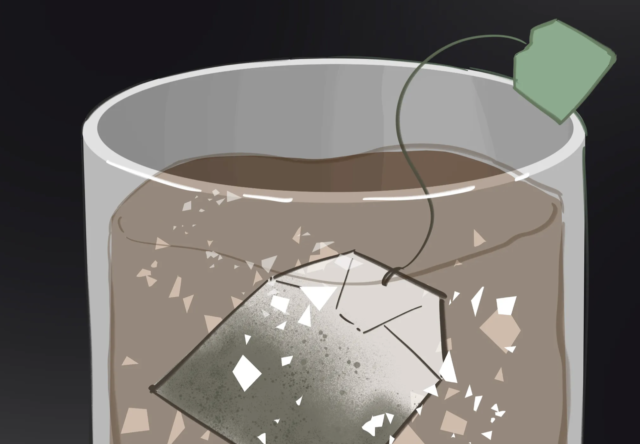

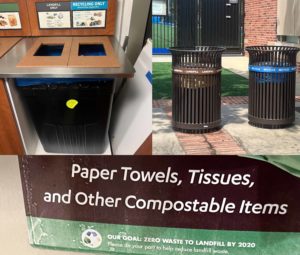
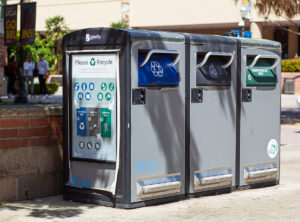
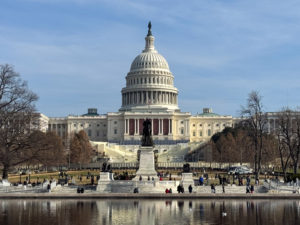
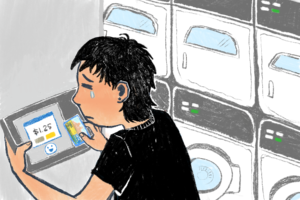
Comments are closed.